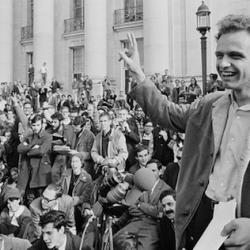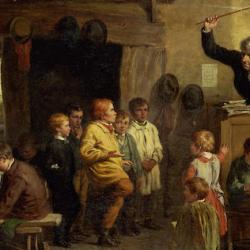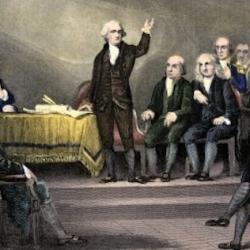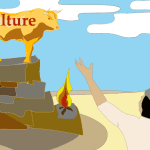John Milbank cites what he calls “Socrates’s subversive realization” that “education can never be democratic” (Being Reconciled, 182).
This is in part because “the sheer singular uniqueness and contingency of wisdom is unable to subordinate itself to any majority,” partly because “if one is to learn, one must first submit,” in part because all learning comes through the democracy of the dead, from tradition that to which “one must first of all yield blindly” in order to gain “insight into its logic or a capacity to modify it.” (182)
Yet education isn’t strictly hierarchical either: “For the initial hierarchy involved is self-cancelling in the sense that the aim of a downwards transmission is to raise up the one beneath, and ideally beyond one’s own height . . . since the pupil responds with the surplus of wise innocence over the teacher’s mere experience.” True education takes place in a “rhythm of self-cancelling hierarchy” (182).
And this is true of life-long learning as it is in school: “throughout life we must learn to recognize when we must now receive in turn from those who were initially indebted to us.” A genuine educational democracy is a “democracy of time,” not a “levelling” democracy, but one marked by “complex cycles of exaltation and abasement: abasement of the student for her exaltation; kenotic abasement of the exalted teacher in order to transmit and herself develop” (183).
All this because we are not Arians, because the Son is homoousios with the Father.















